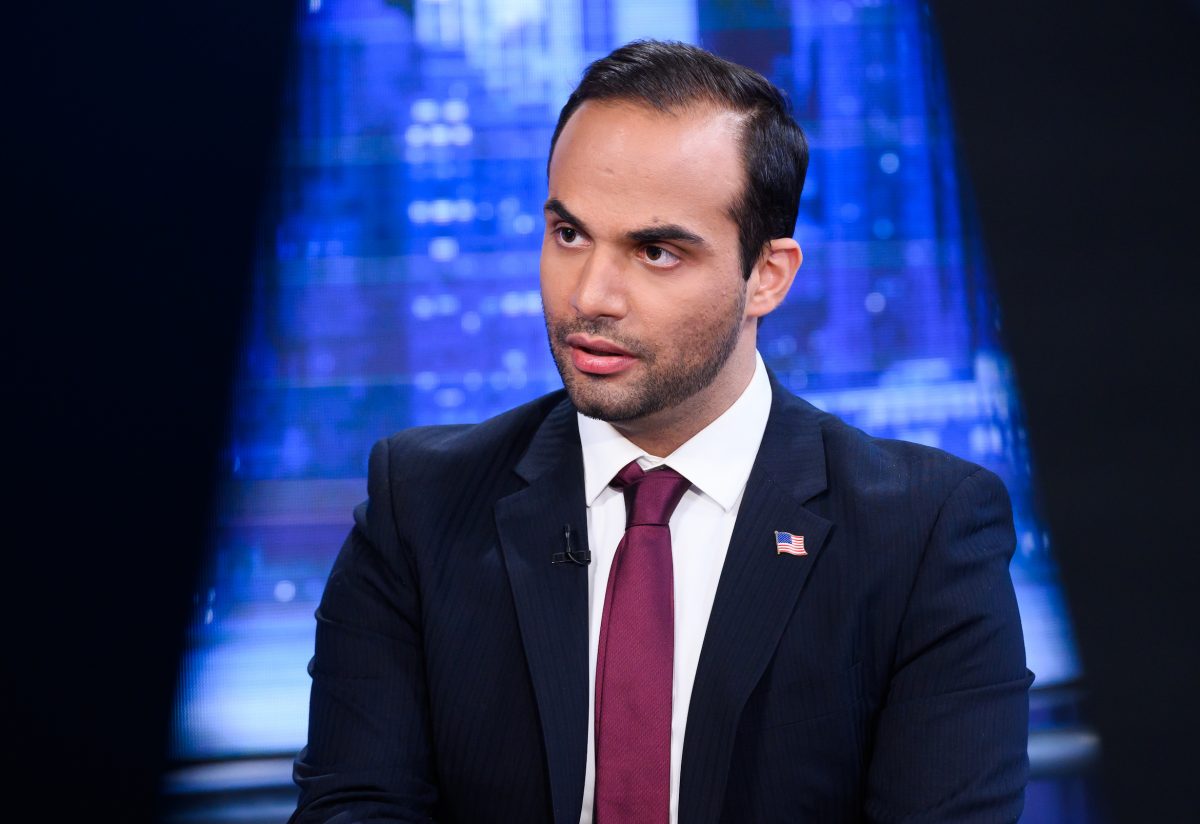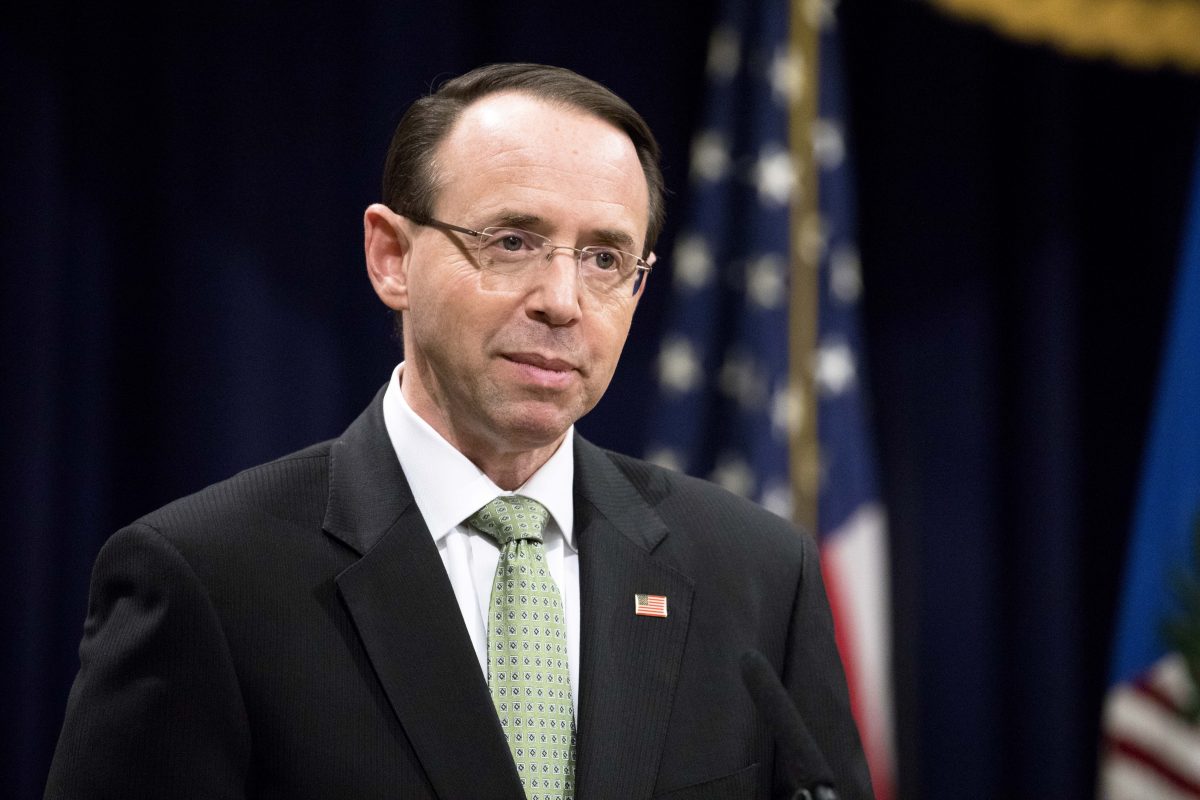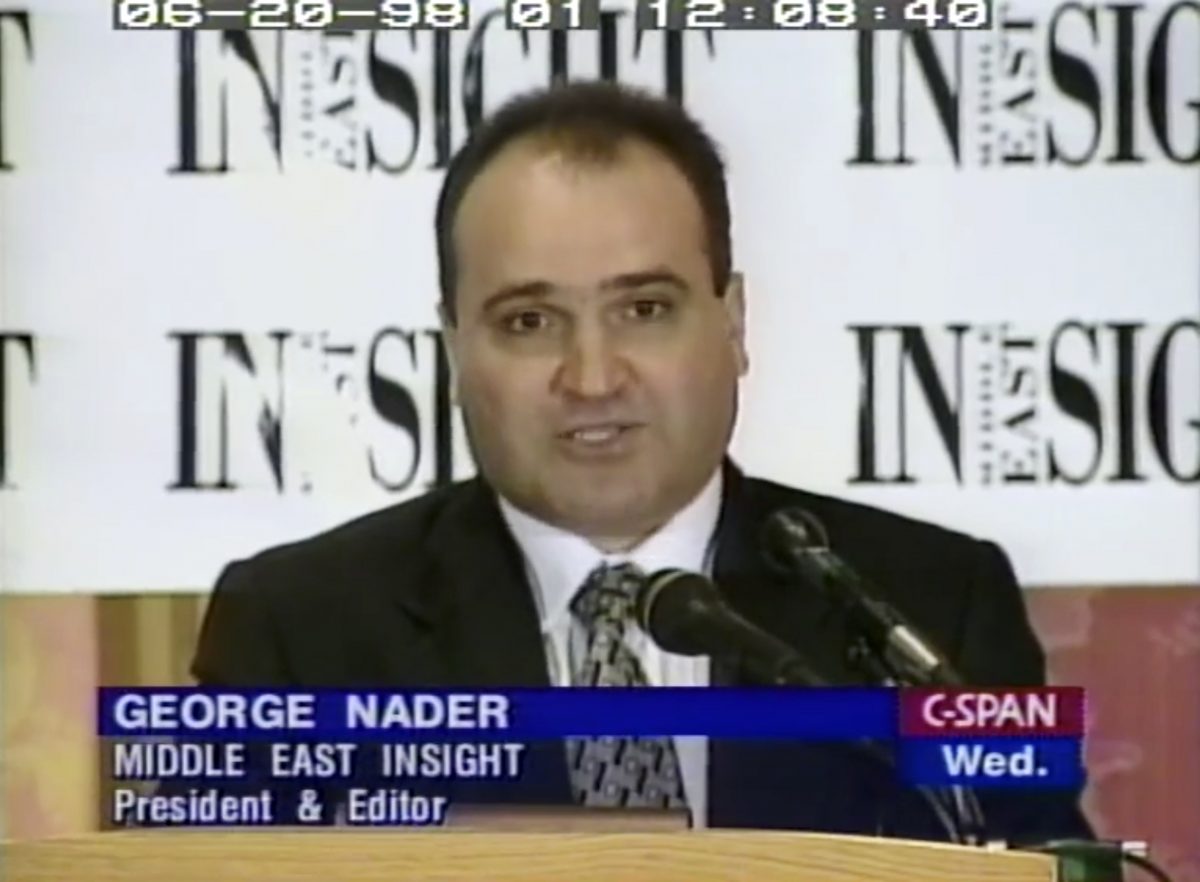OBAMA GETS KICK BACKS FOR ALL HIS DEALS
Obama Regulations on For-Profit Colleges, Finance, Railroads, and Airlines All Profited His Best Friend.
Barack Obama led regulatory attacks on numerous industries during his tenure at the White House. In many cases, his regulations — ostensibly to protect the public good — tanked the stock of various companies, enabling his close friends to swoop in and buy them for pennies on the dollar. Perhaps no figure best represents this "smash and grab" technique better than Marty Nesbitt, now head of the Obama Foundation.
Nesbitt
first met Obama back in the 1980s, after playing basketball with
Michelle Obama's brother, Craig Robinson, at Princeton University. While
at business school in Chicago, he met Obama playing basketball. When
Obama ran for Congress in 2000, Nesbitt served as campaign chairman. He
also fundraised for Obama's state Senate and U.S. Senate campaigns, and
served as his campaign chairman in 2008.
Nesbitt's
wife supposedly delivered Obama's two daughters although the rupors abound that Michelle did not birth them! His family frequently
vacationed with the Obamas in Hawaii or Martha's Vineyard. Nesbitt
became chairman of the Obama Foundation in 2014. The Chicago Tribune has branded Nesbitt "the First Friend."
Obama's policies enabled Nesbitt to swoop in and profit after companies felt the regulatory fire of the White House.
Nesbitt
even formed a firm called Vistria, aimed to capitalize on "the nexus of
the public and private sectors." He filed for the trademark shortly
after Obama's reelection, and ten days before joining the Obamas for
Christmas in Hawaii.
“Obama
and his administration would attack industries with government power,
which led to substantially lower valuations for these companies. Nesbitt
and Vistria, or others close to Obama, could then acquire those assets
for pennies on the dollar," Schweizer explains. Nesbitt followed this
pattern in at least four industries targeted by Obama.
In
2013, President Obama turned his ire toward for-profit colleges. He
declared that students were being "preyed upon very badly," and accused
these schools of "making out like a bandit." For all their faults,
for-profit schools have their defenders, and Nesbitt himself would later
invest in America's largest one..
The Obama administration began the push in 2011, when the Department of
Education (DOE) announced the so-called gainful employment rule,
requiring for-profit schools to track job placements for graduates. DOE
meetings to craft regulations included Deputy Education Secretary Tony
Miller and Secretary Arne Duncan, both of whom would later join Vistria.
The left-leaning Citizens for Responsibility and Ethics in Washington (CREW) sounded the alarm
about emails showing that senior DOE officials were communicating with
hedge fund investors planning to "short" for-profit stocks based on
these rules.
In his second term, Obama's administration pushed
"a broader series of crackdowns on the industry by agencies including
the Consumer Financial Protection Bureau (CFPB), the Federal Trade
Commission (FTC), and the Securities and Exchange Commission (SEC)."
The
regulatory onslaught hit Apollo Education Group, which operated
America's largest for-profit college, the University of Phoenix,
particularly hard. In July 2015, the FTC announced an investigation into
Apollo, and in October, the Department of Defense (DOD) put the
University of Phoenix on probation.
This DOD attack suspended the
University of Phoenix at military bases across the country and cut off
the school's $2-4 billion per year in taxpayer funds. The soldiers,
sailors, and Marines attending the school lost their GI Bill benefits,
leaving some bereft of housing payments — and some homeless -- as a
result.
According to
Schweizer, about 15 schools committed similar offenses to the University
of Phoenix, but the Pentagon only suspended four of them, including
this largest school.
Thanks
to these attacks, Apollo's stock price dropped from $11.29 per share in
October 2015 to $6.38 by January 2016. The January price represented a
90 percent drop from January 2009 when Obama took office.
The
"smash" had been carried out, and it became time for the "grab."
Obama-connected investors swooped in. The Wall Street firm Apollo Global
Management (not previously affiliated with Apollo Education Group),
another firm called Najafi Companies, and ... Marty Nesbitt's Vistria
Group teamed up to buy the company. The purchase required DOE approval,
but Vistria's Paul Miller used to be a senior official there.
Vistria and its partners hired an attorney to lobby the Pentagon, and the suspension was lifted in January 2016.
In
December 2016, the Obama administration approved the sale, but the DOE
required a few conditions — most notably a signed letter of credit
valued at 25 percent of the federal funding the University of Phoenix
would receive from student loans and grants. Vistria and its
co-investors objected. On December 20, just weeks before Obama left
office, the requirement was dropped to 10 percent.
Apollo
Global Management, Najafi, and Vistria bought the University of Phoenix
for just $10 a share, at $1.14 billion. Before the Obama
administration's regulatory onslaught, the company was worth almost nine times that price.
Tony
Miller, who had been the number two official at the DOE, became the
chairman of the board. Arne Duncan set up an office at Vistria's
headquarters in Chicago.
"It's ironic that a former
senior official at the Department of Education — an agency that has
intentionally targeted and sought to dismantle the for-profit college
industry—would now take the reins at the country's largest for-profit
college," said Rep. Virginia Foxx (R-Va.). Diane Jones, a DOE official
under former President George W. Bush, told Schweizer these changing
terms were highly unusual.
President
Obama's best friend Marty Nesbitt also jumped into the financial
industry after Obama's regulations brought it to heel.
The
president turned his ire against the cash advance industry, which
provided short-term loans to individuals and businesses. Many abuses had
taken place in the industry, but in 2011 the Federal Deposit Insurance
Corporation (FDIC) reported that more than 33 million households were
unbanked or underbanked. This industry plays a vital role in the
economy.
Even so, under
Obama, the DOJ teamed up with the CFPB in December 2012 to target what
it deemed to be financial crimes. They formed a new agency, the
Financial Fraud Enforcement Task Force (FFETF). The DOJ also launched
Operation Choke Point in 2013, targeting banks and the business they do
with payday lenders, payment processors, and other financial companies.
In
response, banks terminated their accounts with payday lenders. Cash
advance firms began to shrink. Regular banks stopped offering cash
advances.
Amid this
crackdown, however, ForwardLine Financial, a company founded in 2003 to
extend alternative financing solutions to small businesses, adapted to
the new rules. In October 2015, none other than Obama best friend Marty
Nesbitt became FrontLine Financial's board chairman. Vistria associate
Michael Castleforte also joined the board.
Early
on, Vistria had hired Obama's former deputy assistant for legislative
affairs, Jon Samuels. Samuels had worked on the Dodd-Frank Financial
Reform Act. Fortune magazine
noted Samuels' hiring at the time, reporting that he "doesn't appear to
have any experience working in the financial services industry. Rather,
Samuels has made his career in politics."
As
of June 2017, FrontLine boasted that it finances "98% of U.S.
businesses that banks consider too small and too risky for a business
loan." Its competitors had been effectively smashed, and it seems
FrontLine had been grabbed by Obama's best friend.
The
Obama administration also targeted the railway industry, which had been
deregulated back in 1980 by President Jimmy Carter. Roughly thirty
years later, Obama sought to tax and regulate the industry.
In its 2012 report to the SEC, Norfolk Southern Railroad noted,
"Efforts have been made over the past several years to re-subject the
rail industry to increased federal economic regulation, and such efforts
are expected to continue in 2013." The Surface Transportation Board
(STB) became a wholly independent federal agency, with widespread
control over railroads' environmental, safety, and security practices.
Mere
weeks after President Obama was sworn in for his second term, Norfolk
Southern announced that Obama best friend Marty Nesbitt was joining
their corporate board. He had no background in railroads or
transportation, but his 2015 compensation was $278,937.
Nesbitt took part in at least
one other "smash and grab," Schweizer notes. Just as Obama's best friend
joined the board of Norfolk Southern, American Airlines was facing
bankruptcy, and announced a merger with US Airways. The Obama DOJ filed
suit to stop the merger.
A
whopping sixty-five Democratic congressmen and congresswomen signed a
letter in support of American. While the Obama administration backed
down from this attack, American Airlines struggled with the Pension
Benefit Guaranty Corporation, and the administration launched a federal
investigation into price gouging in July 2015.
American
Airlines also lobbied the federal government to "shield us from
competition and roll back consumer protections." On October 17, 2015,
the merger between American Airlines and US Airways took place. Less
than a month later, Obama's best friend Marty Nesbitt joined the board
of directors.
As with
Norfolk Southern, Nesbitt had no experience in the airline industry. In
2016, he took home $395,704 as a member of the board for American
Airlines.
"Today, as chairman of the Obama Foundation, Marty Nesbitt is, as Politico
puts it, 'the man building Barack Obama's future.' From an
empire-building perspective, this payback makes sense, given that Obama
has already helped Nesbitt build his legacy," Schweizer concludes.
Schweizer
includes many stories of Obama's "smash and grab" technique. "A circle
of investors including Vistria and others linked to Obama would
consistently purchase companies in these sectors once their valuations
dropped under the government onslaught," the author writes. Other
investors besides Nesbitt cashed in on the financial crackdown, and many
more made bank in the energy industry thanks to new regulations.
Nesbitt
is far from alone, but as Obama's friend and the head of the Obama
Foundation, his corruption proves particularly egregious. In his
powerful book, Schweizer also reveals multiple scandals involving Vice President Joe Biden, Secretary of State John Kerry, leading congressmen,





